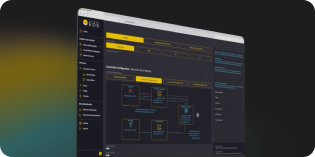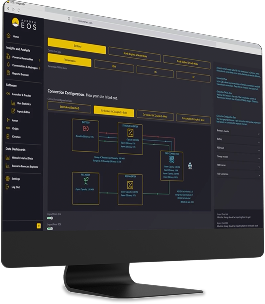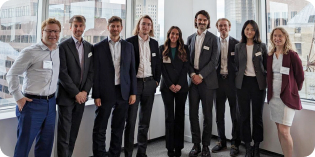
Frank Wetzel
State Secretary, Federal Ministry for Economic Affairs and Energy


Anna von Bremen
Partner & Head of Energy Innovation, Osborne Clarke


Holger Kreetz
COO, Uniper


Catrin Jung
SVP Business Area Wind at Vattenfall


Steffen Schülzchen
Founder & CEO, Entrix


Amós Guillén Duarte
Country Manager, FRV Germany


Thomas Antonioli
CFO & Managing Director, Terra One


Franziska Weiss
Head of Business Development, Siemens Energy Europe


Regina Wilde
SVP Corporate Development, Strategy and Energy Economics, EnBW


Hanns Koenig
Managing Director, EMEA, Aurora Energy Research


Claudia Günther
Research Lead, Aurora Energy Research


Casimir Lorenz
Managing Director, Central Europe, Aurora Energy Research


Nicolas Leicht
Project Leader, Aurora Energy Research


Sarah Schoch
Research Associate, Aurora Energy Research


Thaddäus Kreisig
Principal, Aurora Energy Research
























